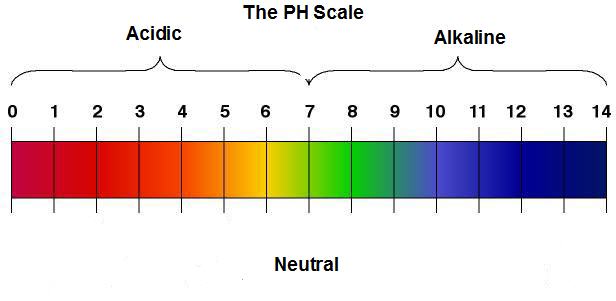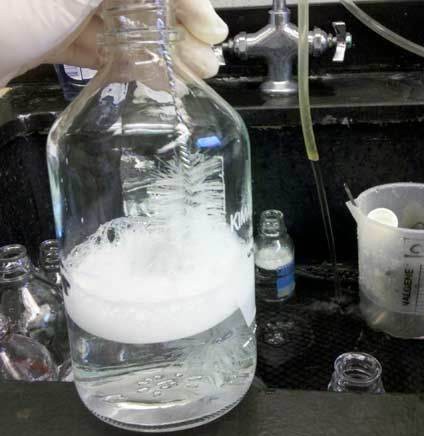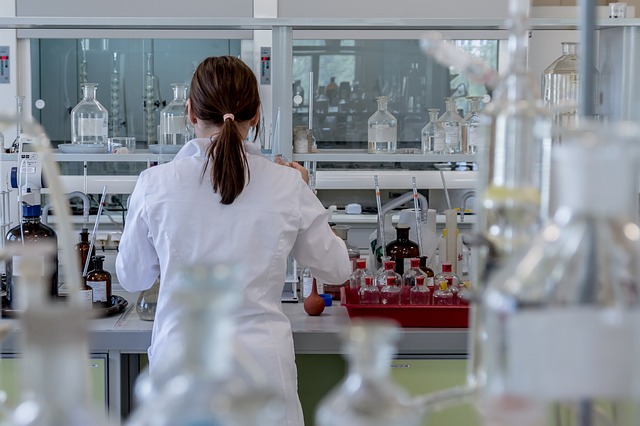Advanced Cleaning: Relationship Between Conductivity, Surface Tension and pH
Q: I am doing a conductivity study using Alconox detergent. I am seeing that the pH and Surface Tension listed on the COA differs between lots. Do you think these variables affect conductivity enough to alter my results?
A: Here’s the short answer… Surface tension does not have any interactive relationship with conductivity; pH has a very small, essentially negligible interaction with conductivity; and concentration and temperature are much bigger causes of change in conductivity.
Radioactive Decontamination in Lab
Q. What do you recommend for radioactive decontamination of stainless steel, glassware and lab equipment? We are a nuclear energy facility laboratory setting.
A. We would recommend Alconox® Powdered Precision Cleaner. It can be used for radioactive decontamination of stainless steel, glassware, labware, and the like. The phosphates and chelating agents
Replacing Hazardous Acids
Q: What can I use to replace hazardous acids below pH 1 cleaning?
A: Depending on exactly what you are using your acid cleaning to do, we may be able to help you.
Monitoring Stability of Alconox Solution
Q: Is a 1% Alconox solution stable in tap water? How long can 1% Alconox be stored as solution? Is pH measurement the best estimate of stability?. A: lconox® Powdered Precision Cleaner, is stable in tap water (or any purity water- within reason) for….
How to Clean Labware: Don’t Use Grocery Store Detergents
Q. We use grocery store detergents to clean our labware and it recently came to my attention that we may need to switch to a laboratory grade detergent such as Alconox or Liquinox. Why is that necessary?
A. Here are some insights as to why a grocery store detergent is not suitable for use in a lab…




